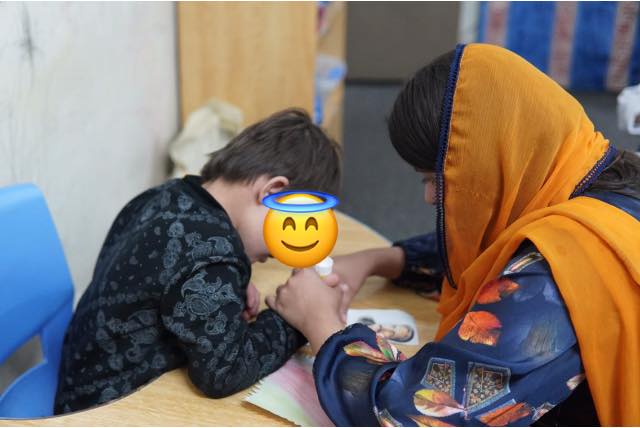
The use of speech therapy helps children with autism and other related disabilities to develop essential communication skills and express themselves effectively.
⦁ Language Development: Therapists work on improving expressive and receptive language skills, helping children understand and use words effectively. This may involve teaching vocabulary, grammar, sentence structure, and pragmatic language skills.
⦁ Social Communication: Techniques are used to enhance social interaction and communication skills, such as initiating conversations, taking turns in conversation, understanding nonverbal cues, and maintaining eye contact.
⦁ Articulation and Phonology: Speech therapists can address challenges with pronunciation, clarity, and fluency of speech. This may involve exercises for tongue placement, breath control, and sound production.
⦁ Augmentative and Alternative Communication (AAC): For children who have difficulty speaking, therapists can introduce AAC tools and strategies, such as picture boards, communication devices, and sign language.
⦁ American Speech-Language-Hearing Association (ASHA): https://www.asha.org/
⦁ Autism Speaks: https://www.autismspeaks.org/
⦁ National Autistic Society: https://www.autism.org.uk/